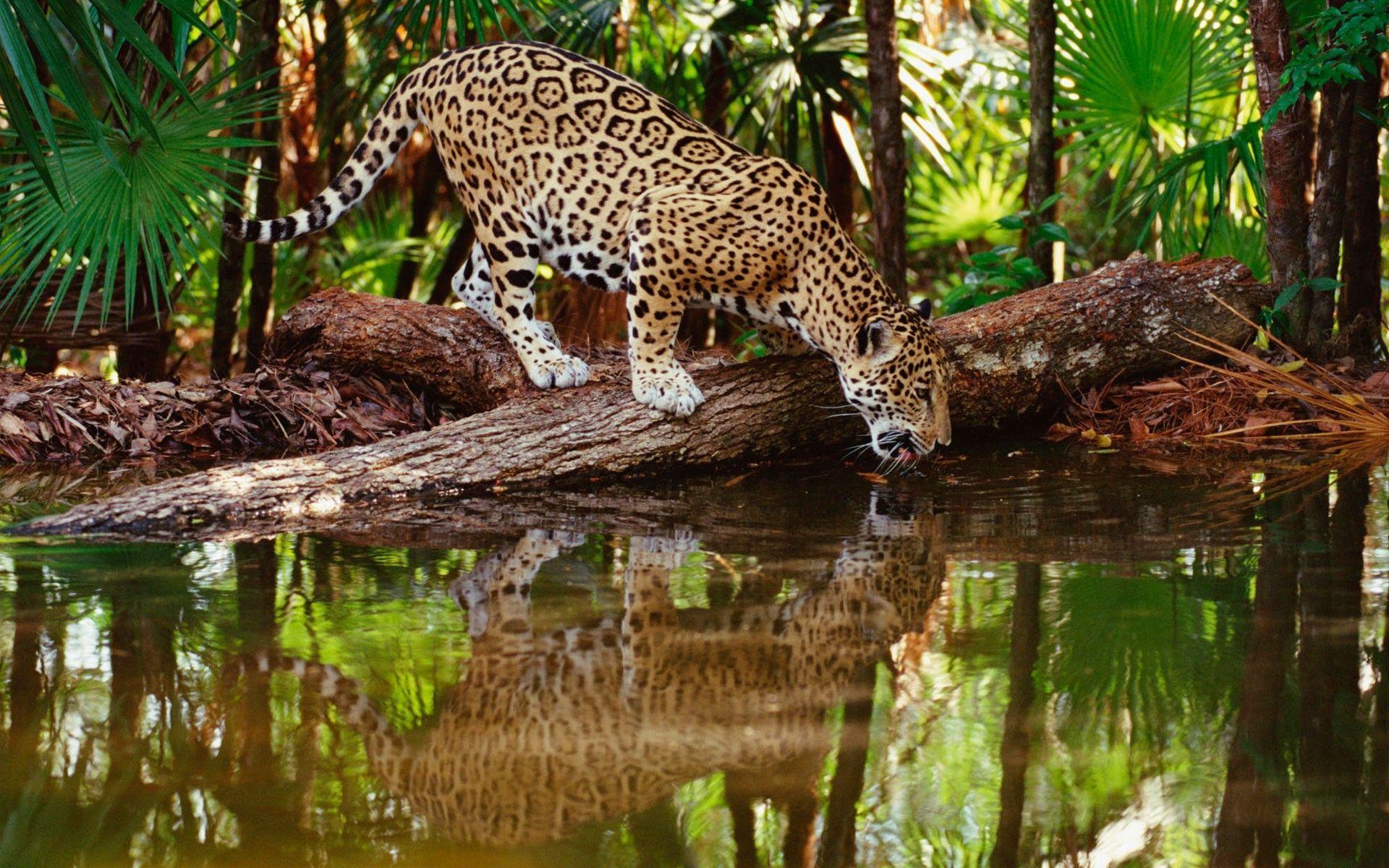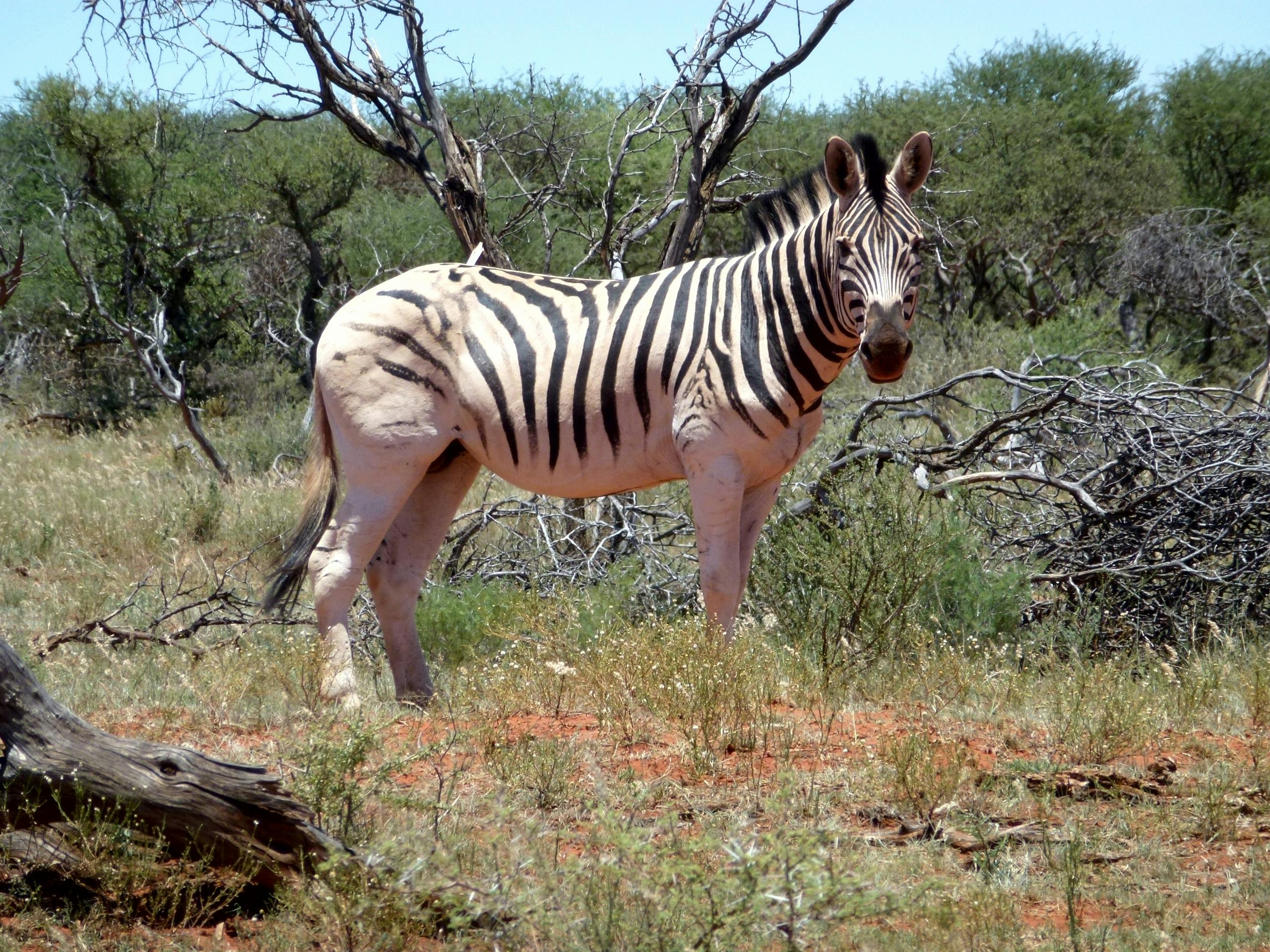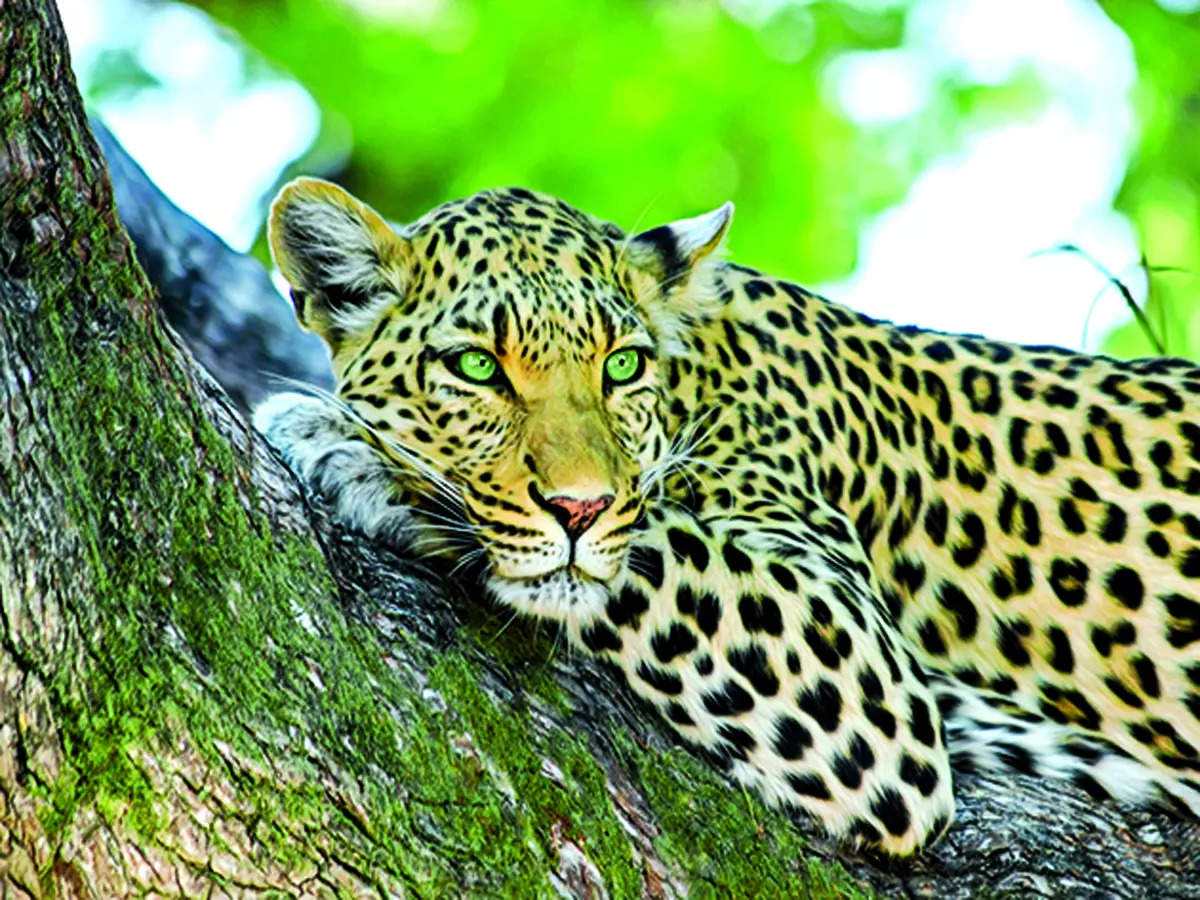There is something truly captivating about the term "wild olive," isn't there? It brings to mind images of rugged landscapes and plants growing with a spirit all their own, not shaped by human hands. This idea of something untamed, yet often very attractive, stretches across many parts of our lives, from how things grow in nature to how we might choose to live or even what we put on our skin.
This phrase, "wild olive," actually means a few different things, you know, depending on where you hear it. It can talk about a specific type of tree, one that has grown without human intervention, or it might refer to a way of being, a sort of natural, unconstrained spirit. It's almost as if the very idea of "wild" invites us to think about things in a simpler, more direct way, stripping away all the extra stuff.
So, whether you're thinking about the actual tree, a place that feels like home with friends, or even a different kind of personal care product, the core idea often comes back to something pure and authentic. We're going to take a closer look at what "wild olive" means in its various forms, showing how this idea of being natural and free pops up in some interesting spots.
Table of Contents
- The Heart of the Wild Olive - What Does "Wild" Mean?
- Wild by Nature - The Olive Tree's True Form
- Wild Olive - A Blog Full of Charm?
- What Makes the Wild Olive Restaurant Special?
- How Does "Wild" Relate to Personal Care?
- Are There Wild Olives in Different Places?
- What's the Difference Between Wild and Farmed Olives?
- Why is Sweating Considered a Natural Body Function?
The Heart of the Wild Olive - What Does "Wild" Mean?
The concept of "wild" itself holds quite a bit of interest, you know, carrying different shades of meaning depending on how it's used. When we talk about something being wild, it typically means it's living in a state of nature, not ordinarily tame or domesticated by people. This applies to plants that grow on their own, without human planting or tending, or even creatures that live freely without human control or care. It’s a return to basics, in a way, to how things are without our interference.
Then again, "wild" can also describe something very unusual, often in a way that makes it attractive or appealing. It suggests a certain unruliness that can be quite appealing, a departure from the usual order of things. You might describe a place as having a wild beauty, for instance, meaning it's stunning in its untouched state. This kind of wildness speaks to a certain freedom, a natural display that hasn't been tidied up or controlled.
Sometimes, too, if you describe someone or their actions as wild, you might be saying they behave in a very uncontrolled way. This usually comes up when someone is feeling really angry or excited, where their actions might become quite uninhibited, perhaps even a bit terrifying to others. For example, the text mentions someone who, when angry or excited, could be "wild, profane, and terrifying," which paints a pretty clear picture of behavior that is far from calm or restrained. This shows how the idea of "wild" can extend to human conduct, indicating a lack of usual limits or rules.
Wild by Nature - The Olive Tree's True Form
When we talk about the olive tree, specifically the one known as Olea europaea, or the European olive, we're discussing a type of tree that truly is a subtropical evergreen. This kind of tree stays green all year round, which is quite a lovely thing, especially in places where other plants might lose their leaves. It belongs to a plant group called the Oleaceae family, which is, you know, where a lot of these sorts of trees and shrubs come from.
This particular tree, the olive, actually got its start in Asia Minor, which is a part of the world with a very long history. From there, it spread out and became very common all across the Mediterranean basin. You can find it just about everywhere in that area, growing happily in the sun and enjoying the climate. It's pretty much a staple of the scenery there, so to speak.
And what's interesting is that there are even wild subspecies of this olive tree that grow naturally in Africa. So, while we often think of olives as something grown in orchards, there are still versions of the plant that exist in their completely natural state, without any human involvement in their planting or care. This really brings home the idea of the "wild olive" as a plant that thrives on its own terms, a true survivor of the natural world.
Wild Olive - A Blog Full of Charm?
There is, apparently, a blog out there called "Wild Olive," and it sounds like a rather delightful place to visit online. This particular blog focuses on handmade crafts and things that are generally considered cute. It's a spot for people who enjoy making things with their hands, which is a very rewarding activity, you know.
The content of the "Wild Olive" blog includes embroidery patterns, which can be quite intricate and beautiful. It also features various projects that people can try out, giving them ideas and guidance for their own creative endeavors. Beyond that, there are printables, which are often digital files that you can print at home to use for crafts or decorations. So, it's a resource for creative types, in a way.
And, as a matter of fact, the blog also has a dose of what's called "kawaii things with sweet faces." "Kawaii" is a Japanese term that means cute or adorable, and it often refers to characters or objects that have a very charming and endearing quality, often with simple, friendly faces. This suggests the "Wild Olive" blog has a lighthearted and cheerful vibe, making it a pleasant spot for anyone looking for a bit of creative inspiration and some sweetness.
What Makes the Wild Olive Restaurant Special?
There's an establishment, a place to eat, that goes by the name "The Wild Olive," and it has been around for a good while, since 2007, actually. It offers a casual dining experience, which means it's a relaxed spot where you can feel comfortable, not too formal or stuffy. This sort of atmosphere is often what people look for when they want to enjoy a meal without all the fuss.
What really sets "The Wild Olive" apart, it seems, is that it aims to give you a feeling of being at home with friends and family. This is a pretty nice touch, making the dining experience more personal and inviting. It's about more than just the food; it's about the warmth and connection you feel while you're there, creating a sort of comfortable gathering place.
When it comes to the food itself, "The Wild Olive" serves up some appealing options. They have fresh soups, which are always a comforting choice, especially on a cooler day. They also make their sauces right there, in their own kitchen, which often means better flavor and quality. You can also find fresh fish on the menu, along with what are described as great steaks and other delicious items. This indicates a focus on fresh ingredients and well-prepared dishes, adding to that feeling of a good, home-cooked meal.
How Does "Wild" Relate to Personal Care?
The concept of "wild" also pops up in the world of personal care products, particularly with a brand simply called "Wild." This brand, it turns out, makes a deodorant that takes a different approach from many others you might find. One of the main things about it is that it doesn't contain any harsh chemicals, which is something many people are looking for these days. Specifically, it avoids ingredients like aluminum, parabens, or sulphates, which are often found in more conventional products.
What's really interesting about this "Wild" deodorant is that it isn't an antiperspirant. This is a key distinction, as many deodorants are also designed to stop you from sweating. The reason "Wild" doesn't do this is because they don't use aluminum salts in their product. Aluminum salts are the typical ingredient in antiperspirants that works to block sweat glands, so without them, the product functions differently.
The philosophy behind this choice is that sweating is viewed as a natural and important function of the body. It's a way your body regulates its temperature and, you know, gets rid of certain things. So, instead of trying to stop this natural process, "Wild" deodorant contains alternative ingredients that focus on dealing with odor rather than preventing sweat itself. This approach aligns with a more natural way of thinking about body care, allowing the body to do what it's meant to do.
Are There Wild Olives in Different Places?
When we talk about olive trees, the kind that grows without human help, they do show up in a few interesting spots around the globe. As mentioned earlier, the European olive, with its formal name Olea europaea, has its beginnings in Asia Minor. This area is pretty much considered its original home, where it first started to appear in the natural landscape. From there, it began to spread out, finding suitable places to grow.
It turns out that this type of tree became very common throughout the Mediterranean basin. This means you can find it in many countries that border the Mediterranean Sea, where the climate is just right for it to thrive. It’s a very familiar sight in those regions, growing in all sorts of environments, from coastal areas to more inland spots. This wide distribution suggests it's a pretty adaptable plant, you know, capable of making a home in many places.
And what's more, there are even specific types of these wild olives, known as subspecies, that you can find growing naturally in Africa. This shows that the tree has diversified over time, adapting to different local conditions while still maintaining its core characteristics. So, yes, wild olives do exist in various locations, particularly where the climate and soil conditions are favorable for their growth, extending their presence beyond just the cultivated groves we might typically think of.
What's the Difference Between Wild and Farmed Olives?
There's a pretty clear distinction between an olive tree that grows on its own, without human intervention, and one that's been cultivated or farmed by people. The main thing that sets them apart is the fruit they produce. The olives from a cultivated tree are generally bigger and, you know, have more juice inside them. This is a result of years, even centuries, of human effort in selecting and growing trees that yield the best fruit for consumption.
The process of taking the wild olive tree and turning it into the cultivated version we know today was quite a significant undertaking. It wasn't something that happened quickly; it required a lot of time and effort. This domestication process involved choosing trees with desirable traits, like larger, juicier fruits, and then propagating them, basically making sure those traits were passed on. So, it's a bit like a long-term project that humans worked on to get the olives we enjoy now.
This difference highlights how human care and selective growing can really change a plant. While the wild olive is a hardy, natural specimen, the cultivated one has been refined to better suit our needs, especially for food production. It's a testament to how people have shaped nature to provide for themselves, creating a version of the olive tree that is, in some respects, more useful for our tables.
Why is Sweating Considered a Natural Body Function?
Sweating is something our bodies do, and it's generally seen as a completely natural part of how we work. It's not just a random thing; it actually serves some very important purposes for our health and well-being. One of the primary reasons we sweat is to help regulate our body temperature. When you get too warm, your body releases sweat onto your skin, and as that sweat evaporates, it cools you down. This is a pretty clever system, you know, for keeping us from overheating.
Beyond just cooling, sweating also plays a part in the body's overall processes, helping to maintain balance. It's a way for the body to, in a sense, cleanse itself, though its main job is temperature control. Many people believe that allowing the body to sweat freely, without trying to stop it, is a healthier approach. This idea suggests that interfering with such a fundamental bodily process might not be the best thing in the long run.
So, when a product like "Wild" deodorant chooses not to be an antiperspirant, it's based on this belief that sweating is a natural and, indeed, important function. It respects the body's own way of doing things, rather than trying to block or alter them. This perspective encourages a more accepting view of our body's inherent mechanisms, allowing them to operate as they are designed to, which is, in some respects, a very natural approach to personal care.
Related Resources:



Detail Author:
- Name : Claire Erdman
- Username : yschinner
- Email : madelyn.nienow@moore.net
- Birthdate : 2005-01-12
- Address : 495 Norbert Groves New Flo, WI 44448-9015
- Phone : 1-617-596-8142
- Company : Hudson-Kilback
- Job : Sales Representative
- Bio : Et eos est alias laudantium. Non accusamus error dicta hic. Ut aut aut necessitatibus et qui itaque repellendus saepe. Sapiente ut accusantium id non quia labore reprehenderit.
Socials
facebook:
- url : https://facebook.com/klingv
- username : klingv
- bio : Fuga assumenda dolor ut magnam aut commodi.
- followers : 1941
- following : 646
twitter:
- url : https://twitter.com/verda_kling
- username : verda_kling
- bio : Fugiat dolorem et voluptatem ad. Voluptatum omnis occaecati dolor quia. Et illo sed voluptatem ea.
- followers : 3925
- following : 2677
linkedin:
- url : https://linkedin.com/in/verdakling
- username : verdakling
- bio : Nemo tempora a qui quia. Qui ut amet ut earum.
- followers : 5368
- following : 1145
tiktok:
- url : https://tiktok.com/@verda2699
- username : verda2699
- bio : Veniam vero vero iusto est modi rerum.
- followers : 4477
- following : 1444
instagram:
- url : https://instagram.com/verda_official
- username : verda_official
- bio : Vel ut dolorem soluta. Est deserunt et hic iste. Accusantium quo pariatur ut adipisci.
- followers : 5264
- following : 2964